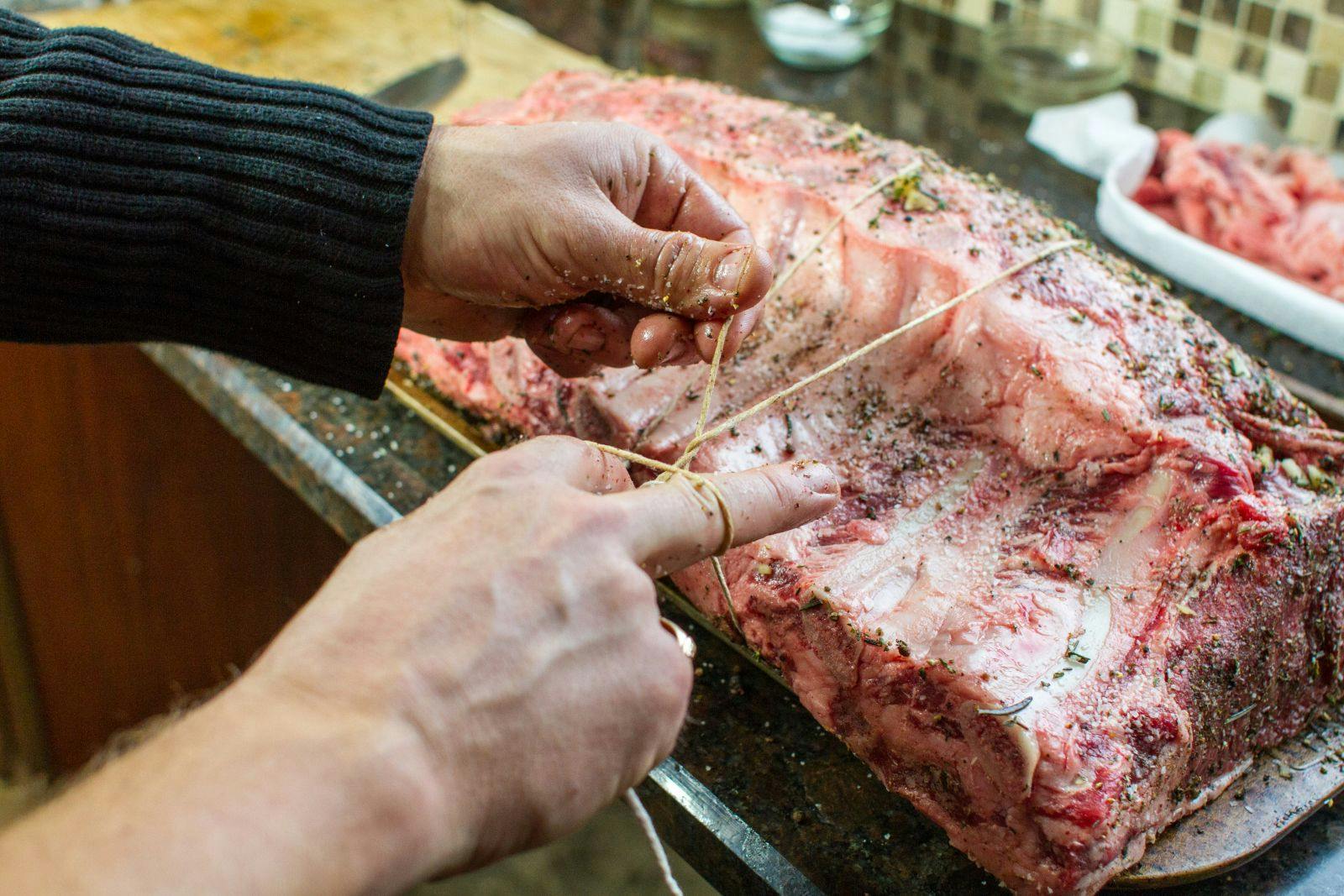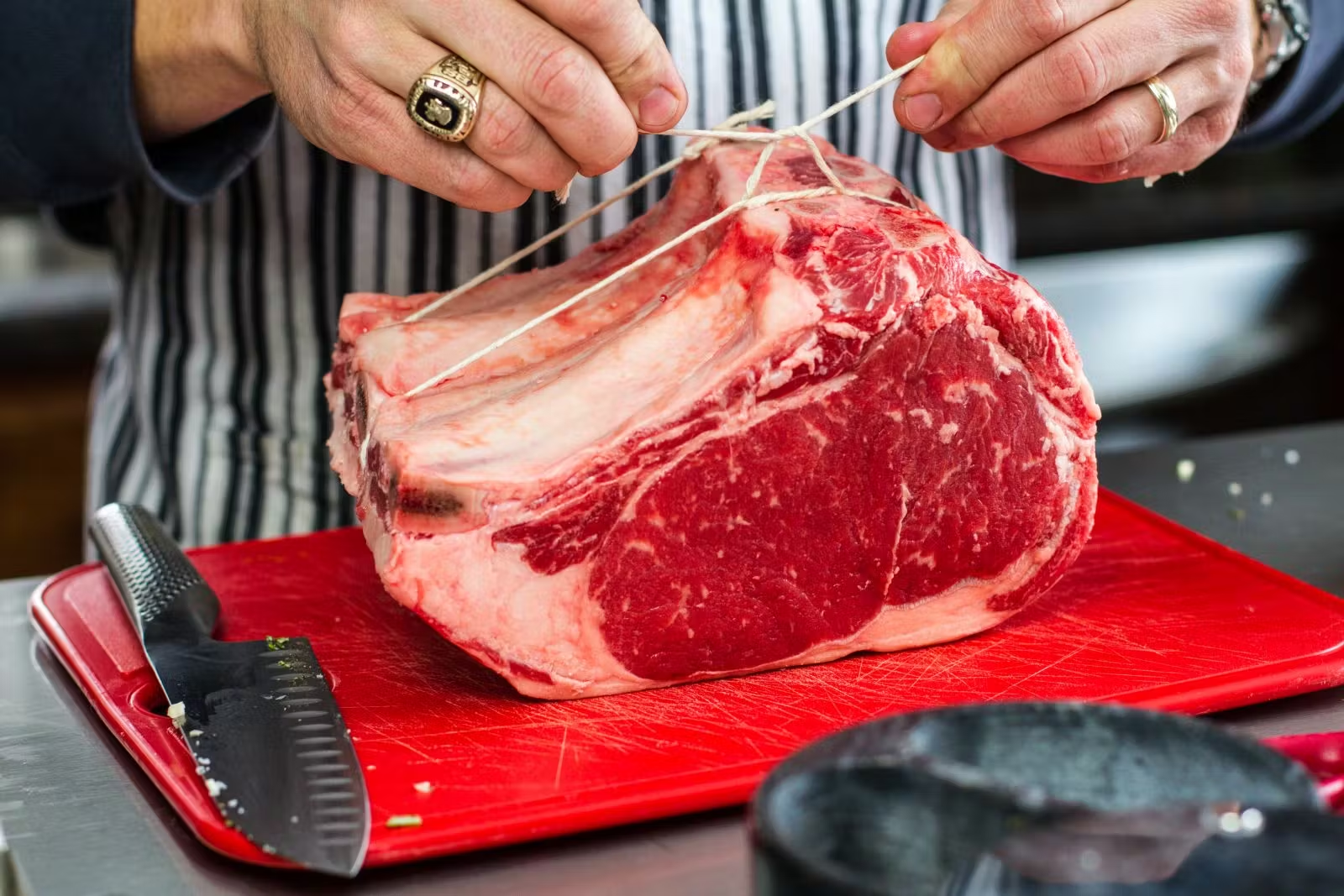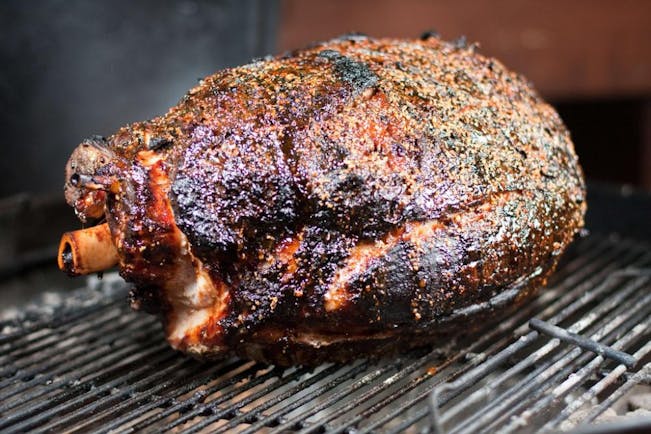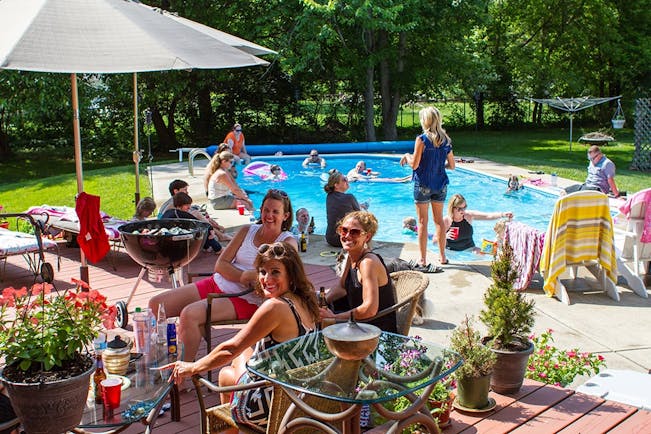Buy now, pay later. Rates as low as 0% APR financing with Affirm. Subject to eligibility. Terms Apply.
Trussing A Roast
The truss. When it comes to preparing a roast for the grill, it’s probably one of the last steps you think about. In fact, I’m willing to bet, it’s a step we sometimes skip. I say “we” because at times I’m just as complicit and I always regret it. For a perfectly grilled roast, the truss is just as important as what’s in the rub. Whether it’s a roast or poultry, it is a step we should never skip.
OK, so I’ve made the impassioned plea to truss, but why? There are predominately two reasons. From a grilling standpoint, trussing promotes even cooking. By having a roast, especially a boneless roast, trussed, the heat is applied evenly to all sides allowing the entire piece of meat to rise to temperature at the same time.
On the aesthetic side of the equation, trussing also makes for great presentation. It just looks awesome, especially with poultry. I can’t stand a “floppy” bird.
.jpg?auto=compress,format)
There a ton of different ways to truss a roast. I wish I were exaggerating, but I’m not. While there a lot of awesome and very fast ways to peel butcher twine off a spool, the simplest process works for me. Here are my tips:
Buy butcher twine. A lot of it and preferably on a thimble. I say “a lot,” as I like a lot of slack in my line. There is nothing worse than getting ready to truss something with a short amount of twine only to have the entire thimble roll across the kitchen floor. Stick the thimble somewhere secure, and pull off the amount of twine you need, plus more.
There are a lot of cool knots butchers can tie in seconds.

While I love knots, I’m not a butcher. I stick to what I can do effortlessly and without a Google video search.
I use a surgeon knot.
A surgeon knot is an overhand knot with an extra loop on the first pass. It’s then finished off with a half hitch. It looks like this:

When trussing a roast, start in the middle, and work your way towards the end, evenly spacing the trusses as you go.
For boneless roasts, like a tenderloin, truss to ensure the meat is evenly sized. For the end that tapers, this may mean folding the meat back over on itself.
Finally, while trussing is easy, sometimes the simplest way is to have your butcher do it for you. Regardless of who is holding the twine, just be sure to break it out for your next grilled roast.
Tags:
Related Posts

Tips & Techniques
Ham: A Meal to Entertain With

Tips & Techniques
Labor Day BBQ Tips
